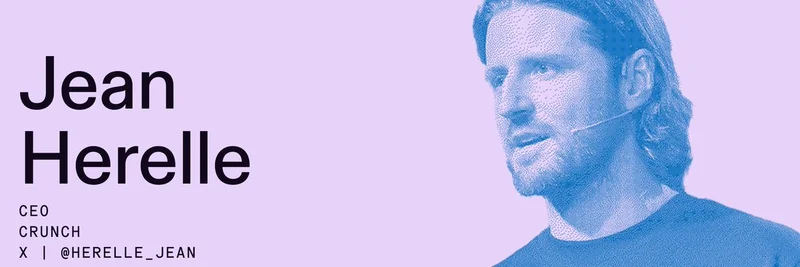In the fast-paced world of crypto, where prices can skyrocket overnight, it's easy to get caught up in the hype. But as Mert, CEO of Helius Labs, pointed out in a recent tweet, there's a bigger battle at play. He reminds us that while "price go up" feels great and debating which privacy coin reigns supreme scores some online brownie points, the real priority should be pushing for the legalization of private money.
Here's what Mert shared on X: "price go up is nice and fighting each other on whose privacy coin is better gets us some nice imaginary internet points but the real fight remains legalizing private money people are in jail, and bureaucrats are trying to erode our rights spread the word, cypher/acc." You can check out the full tweet here.
Understanding Privacy Coins and the Legal Hurdles
Privacy coins are cryptocurrencies designed to keep your transactions under wraps, unlike Bitcoin where everything's out in the open on the blockchain. Think of them as digital cash—anonymous and untraceable. Popular ones include Monero (XMR), which uses ring signatures to mix transactions, and Zcash (ZEC), leveraging zero-knowledge proofs (zk-SNARKs) for shielded transfers. These tools are crucial for protecting user privacy in an era of increasing surveillance.
But here's the rub: governments and regulators often view privacy features as a haven for illicit activities. This has led to crackdowns, like the arrests related to Tornado Cash, a privacy mixer on Ethereum. Developers behind such tools have faced charges for facilitating money laundering, even though the tech itself is neutral. Mert's call to "spread the word" echoes the cypherpunk ethos—using cryptography to defend privacy and accelerate change against bureaucratic overreach.
How This Ties into Meme Tokens
At Meme Insider, we're all about meme tokens, those viral, community-driven assets that often start as jokes but can evolve into something bigger. Privacy plays a huge role here too. Meme token launches on platforms like Solana (where Helius Labs operates) benefit from anonymous creators and traders who want to avoid doxxing or tracking. Imagine fair launches without KYC barriers, or using privacy tools to shield your wallet from prying eyes during pumps and dumps.
Replies to Mert's tweet highlight this intersection. One user shouted out Zera Labs for pushing offline privacy solutions and policy changes. Another mentioned banning KYC and AML entirely to let decentralized trading thrive with ZK proofs as standard. Even meme-flavored privacy coins like $XZC (Zerocoin) and $ANON got plugs, showing how the meme world is embracing privacy to empower everyday users.
For instance, a reply touted $ANON as "privacy to its core," complete with a visual that captures the essence of anonymous crypto.
This tribalism Mert warns against—ZEC vs. XMR vs. emerging meme privacies—distracts from uniting for legal reforms. With bureaucrats eroding rights, as seen in delistings from exchanges like Binance, the community needs to rally.
Why Legalizing Private Money Matters for Blockchain Practitioners
Legalizing private money isn't just about avoiding jail time for innovators; it's about preserving the core promise of blockchain—decentralization and financial sovereignty. For meme token enthusiasts, this means safer, more private ways to engage without fear of regulatory backlash. Tools like zero-knowledge proofs can verify transactions without revealing details, making meme trading more secure and inclusive.
As we build a richer knowledge base here at Meme Insider, keep an eye on how privacy tech evolves. Whether you're a Solana dev or a casual meme trader, supporting these efforts ensures crypto remains a tool for empowerment, not control. Let's spread the word and push for change—cypher/acc style.


